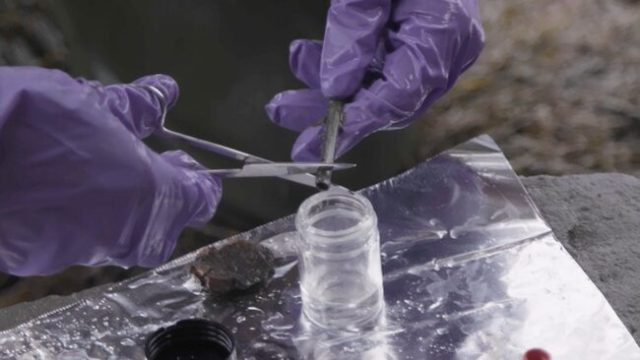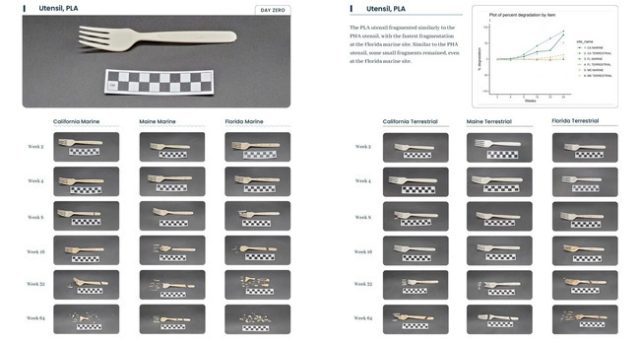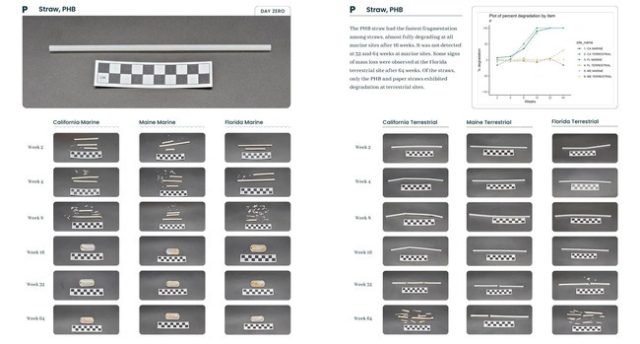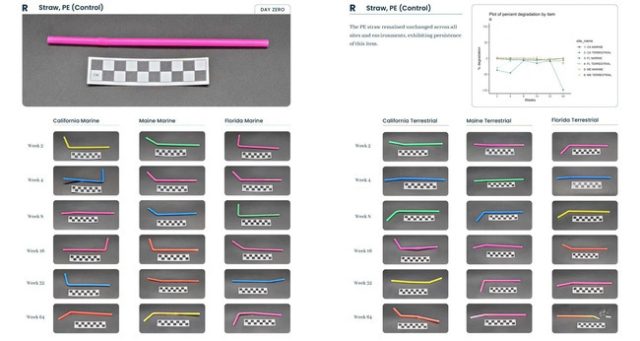
The recent findings by the 5 Gyres research institute on the durability of bioplastic straws have sparked concerns about the efficacy of so-called biodegradable products in addressing plastic pollution. The institute’s Better Alternatives 3.0 report reveals that while bioplastics generally degrade faster than traditional fossil-derived plastics, the rate of degradation varies significantly among different types. In a comprehensive study involving 22 types of single-use packaging tested in both soil and sea over 64 weeks, researchers found that certain bioplastic products, including straws made from polylactic acid (PLA), remained largely intact after more than a year underground, irrespective of climate and soil conditions.

Lisa Erdle, director of science and innovation at 5 Gyres, emphasizes that the study underscores the lack of a one-size-fits-all solution to the plastics crisis. Despite the biodegradable labelling on many bioplastics, the research shows that some products, such as forks, bottles, and tampon applicators, exhibited little to no signs of degradation. Erdle suggests that targeted solutions are needed for each sector of plastic use, emphasizing the importance of addressing specific industries like textiles, agriculture, and electronics. While Erdle acknowledges that bioplastics may offer potential to mitigate harm in certain cases, she emphasizes the need for transparency in marketing and clearer labelling to avoid misleading consumers about the environmental impact of disposable products.

Marcus Eriksen, co-founder and researcher at 5 Gyres, stresses the importance of greater transparency and accurate messaging regarding disposable products. The study highlights the real-world factors that impact the degradation of bioplastics in different environments. Eriksen argues for clearer definitions and conditions for terms like “biodegradable” or “compostable,” advocating for truth in advertising to provide consumers and manufacturers with accurate information about the environmental impact of products. The results of the study suggest that while bioplastics offer an alternative to traditional plastics, there is a need for a nuanced approach to address the complexities of plastic pollution across various sectors.
















